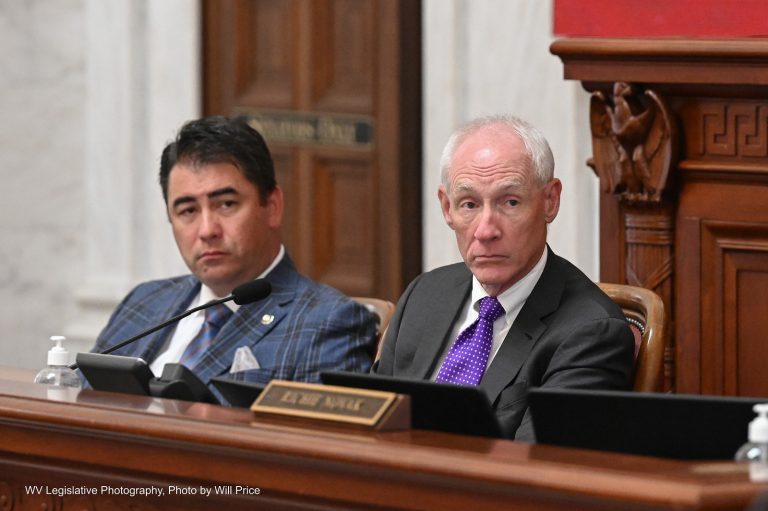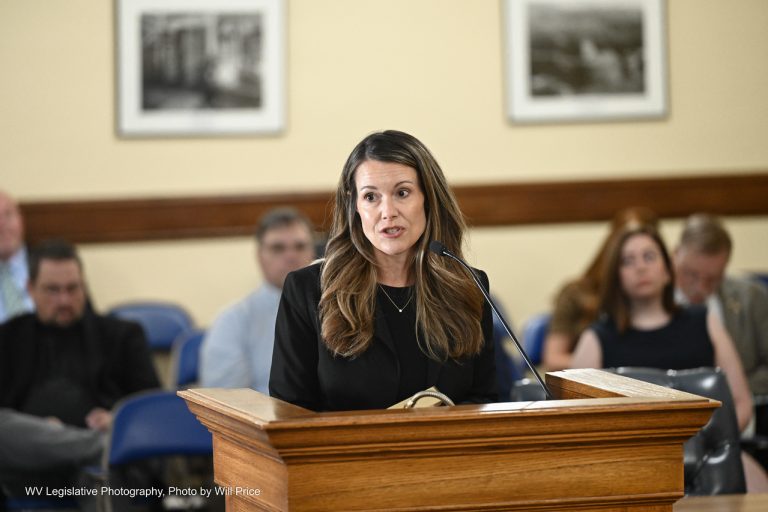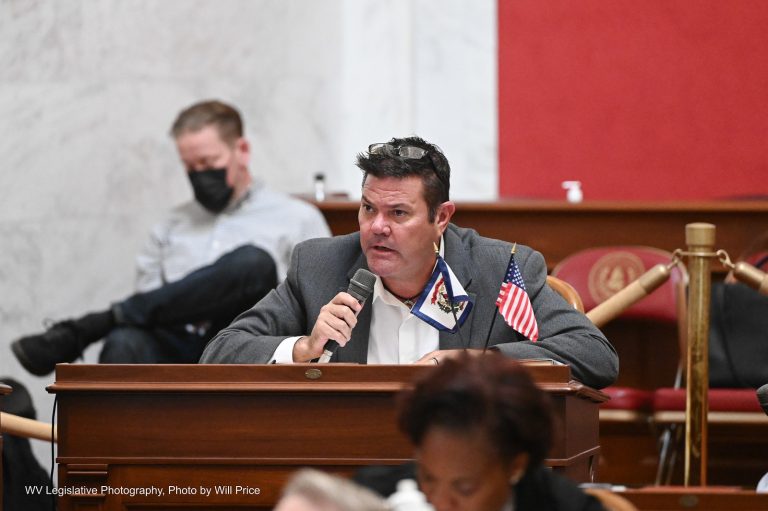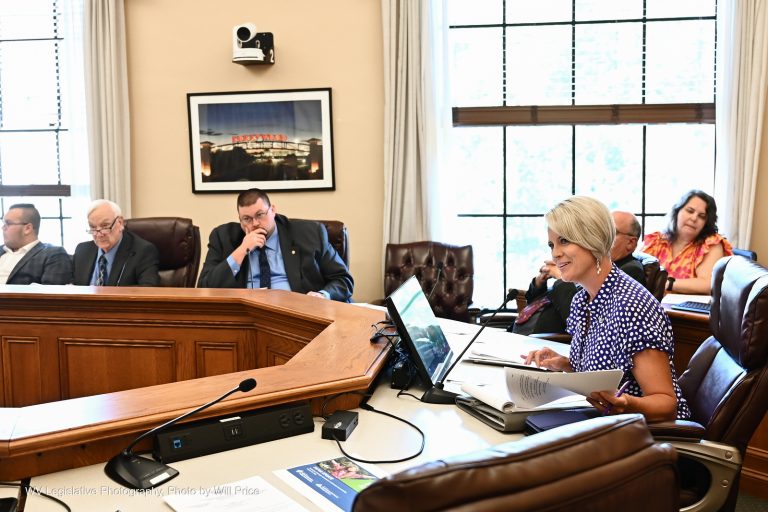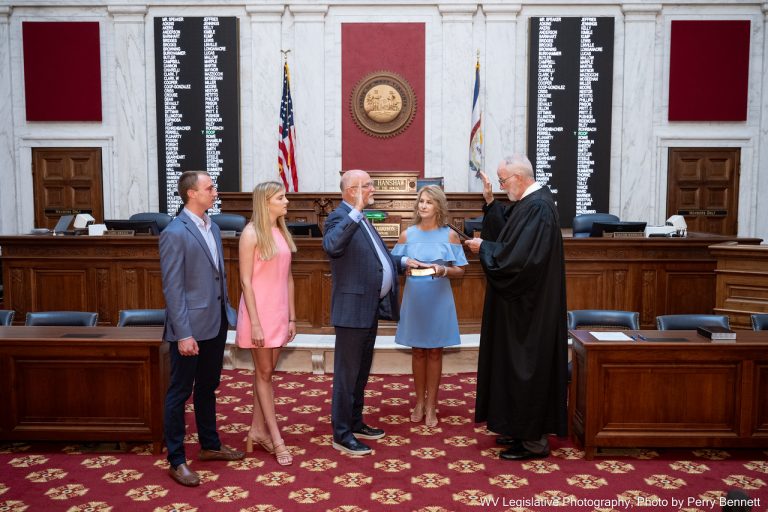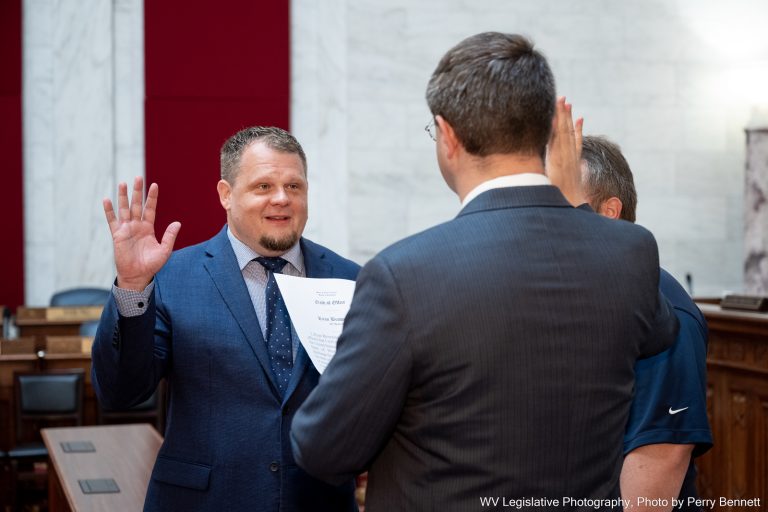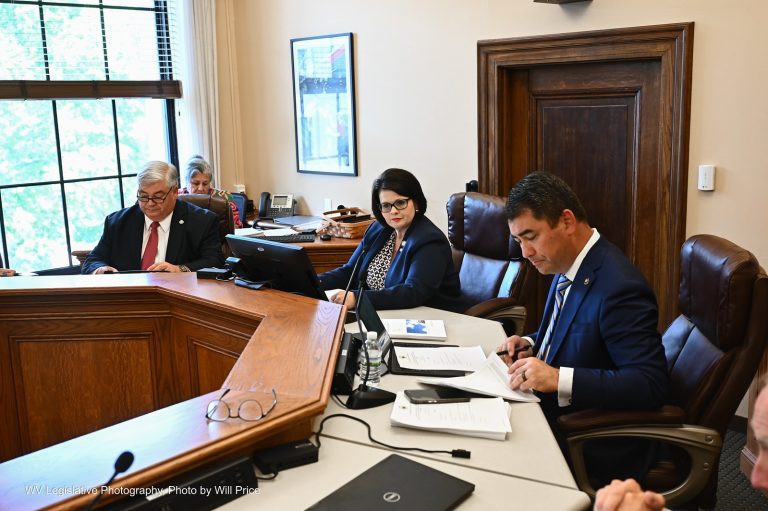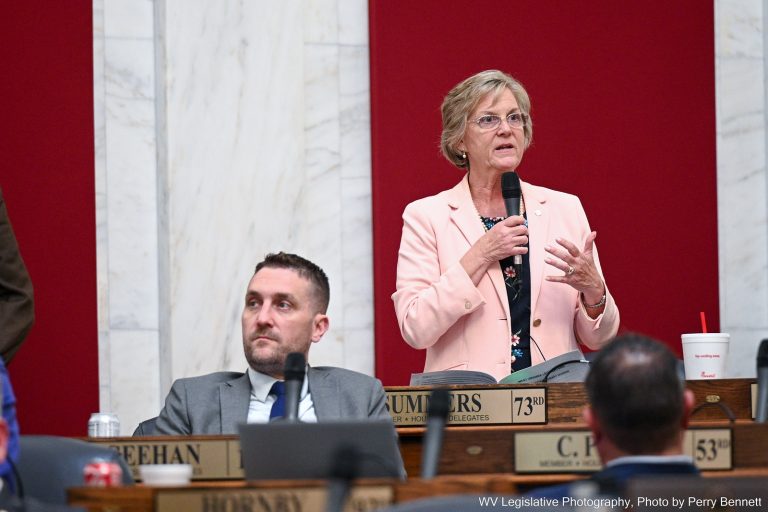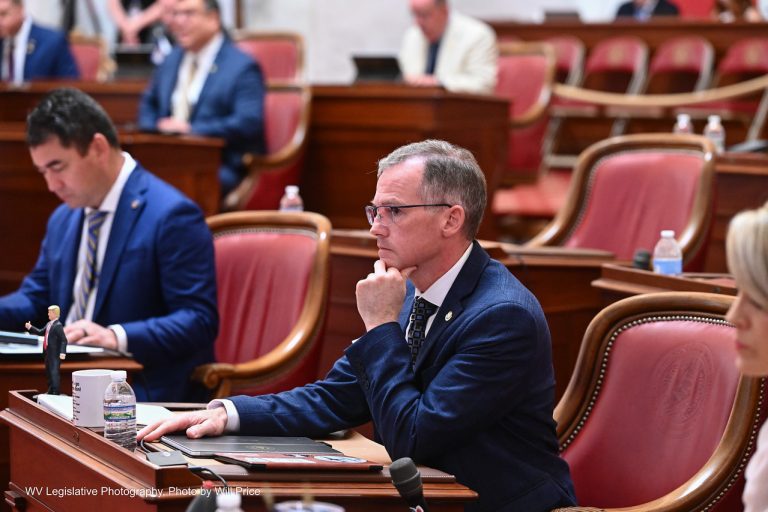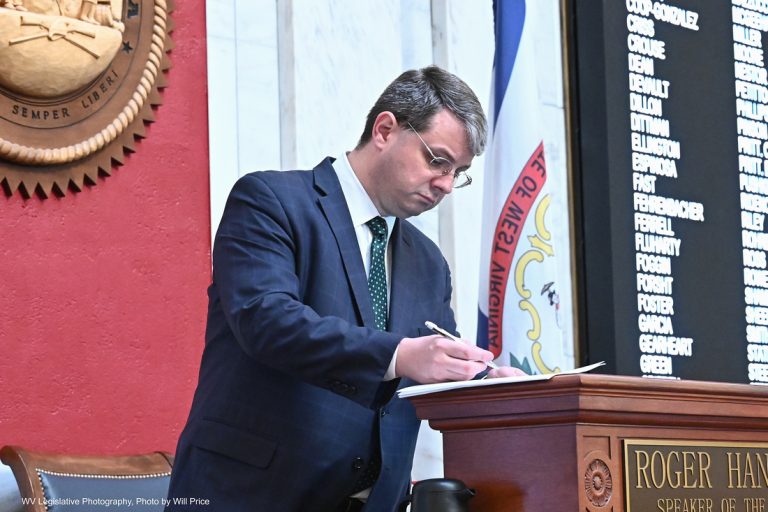The Committee on Insurance and PEIA met this afternoon to discuss the rollout of the updated prior authorization law in West Virginia. The goal of the updated law is to promote and require electronic prior authorizations (EPAs) among healthcare providers and insurers. EPAs reduce administrative burden and allow for the bundling of services and treatments for each episode of care. An episode of care requires one prior authorization to treat a specific ailment, even if the treatment drugs, procedures, services, etc. All must be submitted on the patient’s EPA. This enhances timely patient care.
In 2019, House Bill 2351 was passed to require insurers to accept EPAs as of July 1, 2020. The bill required forms to be available online with an electronic portal for EPAs to be submitted and for it to be accessible on the insurance provider’s website. If providers change, EPAs are required to be carried over for 3 months. EPAs must include a comprehensive list of treatments. Insurers must inform patients if step therapy protocols are in place for specific treatments. Insurers must confirm receipt of EOA and review and respond promptly.
In 2023, Senate Bill 267 mandated the EPA usage of all healthcare providers. The bill continued the requirement of episode of care and the 3-month carryover. The bill also required the portal address to be provided on insurance cards. The bill added the reporting requirement to the Office of the Insurance Commissioner and the Inspector General of the DHHR. The bill also added civil penalties for violating prior authorization law.
A Gold Card provider is exempt from prior authorization requirements. The exemption may be awarded to providers based on their prior authorization track record. On average, they must provide 20 procedures a year and in 6 months have a 90 percent final prior approval rating. If requirements are met, providers may not have to submit prior authorizations for 6 months.
The timeframe requirements are that the insurer must respond in 5 business days for non-life threatening or routine medical care. For life-threatening or nonroutine medical care, insurers must respond in 2 business days. If the EPA is incomplete, insurers must return the EPA to the provider within 2 days for the provider to update and resubmit.
Data reporting is quarterly and includes the number of EPAs requested by providers, total denied, total appealed, total approved after appeal, providers with gold card status, and providers who’ve had goal card status revoked.


